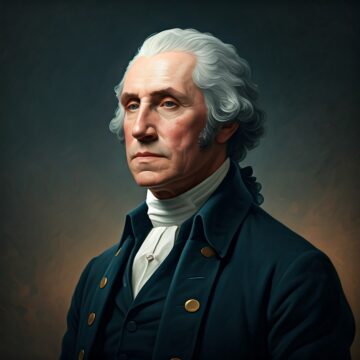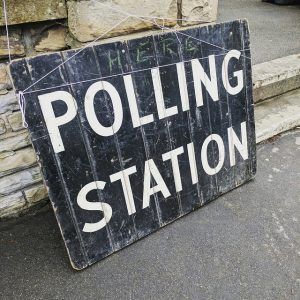“Loyalty to the country always, loyalty to the government when it deserves it.” –Mark Twain

Sometime in the past two weeks I found myself feeling patriotic in a way I don’t remember ever having felt before. I accounted for this feeling by invoking that old adage, “you don’t recognize what you have until you lose it.” The current federal administration has stolen my country from me. The America to which I pledged allegiance every morning in primary and secondary school, that America is being pillaged, plundered, and sold off for parts to greedy megalomaniacs and oligarchs.
Now that the nation is being destroyed, I realize that I’ve been bound to America my entire adult life. If I hadn’t felt those bonds before – except perhaps for a moment in the mid-1980s when I played “The Star Spangled Banner” for 25,000 bikers at Americade in Lake George, me alone on my trumpet, without the rest of the band – that’s because I’d taken the idea of America for granted. To invoke another cliché, just as the fish is oblivious to the water in which it swims, so I was not consciously aware of the freedom and dignity, of the liberty and justice for all, which made our national life possible.
I’d read our founding documents, The Declaration of Independence and The Constitution of the United States, decades ago. I knew about the Boston Tea Party, the midnight ride of Paul Revere, Washington at Valley Forge, all that and more, it was in my blood. And now…well, why don’t I just get on with it and tell my story. Read more »


 In daily life we get along okay without what we call thinking. Indeed, most of the time we do our daily round without anything coming to our conscious mind – muscle memory and routines get us through the morning rituals of washing and making coffee. And when we do need to bring something to mind, to think about it, it’s often not felt to cause a lot of friction: where did I put my glasses? When does the train leave? and so on.
In daily life we get along okay without what we call thinking. Indeed, most of the time we do our daily round without anything coming to our conscious mind – muscle memory and routines get us through the morning rituals of washing and making coffee. And when we do need to bring something to mind, to think about it, it’s often not felt to cause a lot of friction: where did I put my glasses? When does the train leave? and so on.